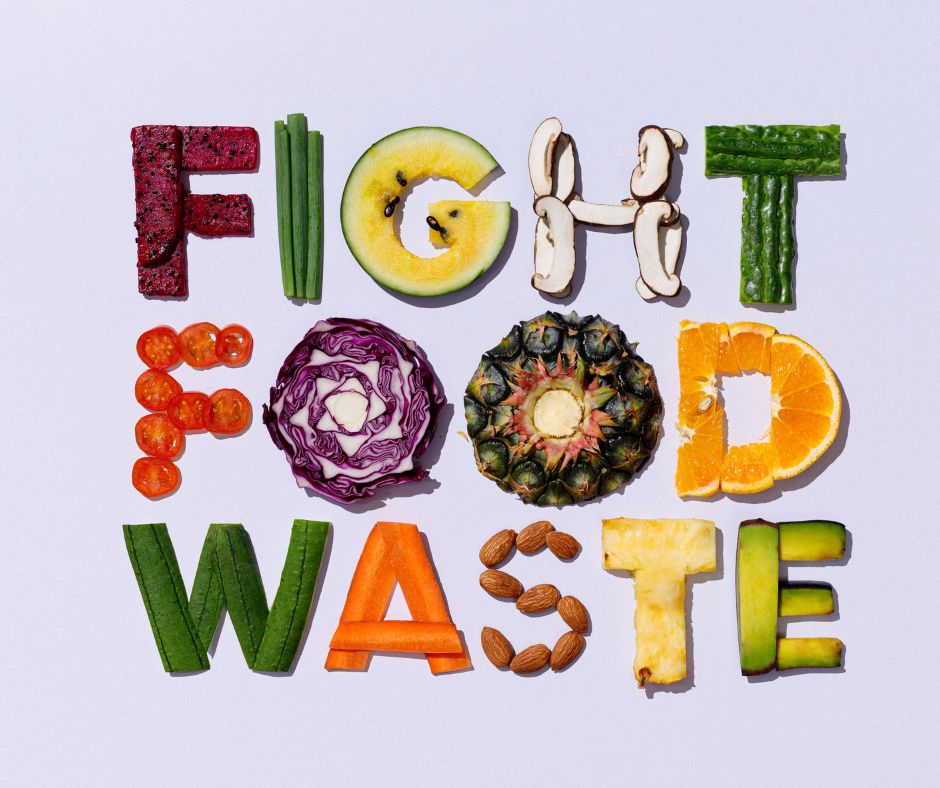The world population is three times larger today than what we had in the middle of the 20th century and it is estimated that we will reach 2.5 billion people in 2050. It is a reality that our food system must adapt to this growth and find alternatives that ensure its sustainability for to be able to feed everyone, and do it properly.
The development of alternative proteins, among which cultivated meat is set to play an important role, is one of the most promising bets to face this important challenge.
But as we move forward in developing new, more sustainable ways of eating, it is essential to work to avoid food waste and acquire habits that help us take advantage of what we have available.
According to FAO data, worldwide, 14% of food, with an estimated value of $400 billion, is lost between harvest and distribution. Another 17% is wasted in distribution and among final consumers, as indicated by the PNMUMA.
The U.S. Food and Drug Administration (FDA), the U.S. Department of Agriculture (USDA) and the U.S. Environmental Protection Agency (EPA) recently released a draft National Strategy to Reduce Food Loss and Waste in the United States.
Its goal is to reduce food loss and waste in the United States by 50% by 2030, in a collaborative effort by all three agencies to build a more sustainable future.
As WWF reports, Americans waste one-third of all food produced or imported into the United States. By wasting food, each year we are also wasting 20% of the water and land used for its production. Additionally, this waste generates 270 million metric tons of greenhouse gas emissions, the equivalent of what 58 million cars emit in a year. The environmental organization already indicates that, if only 30% of this wasted food were recovered, it could feed the nearly 50 million people who face food insecurity in that country.

For its part, in Spain, a pioneering bill against food waste was approved in January, which encourages actions to prevent food loss throughout the food chain, from harvest to consumption. 2022 data indicate that, nationwide, 1.17 million tons of food were thrown away and each household wasted an average of 65.5 kilos of food or drink.
Food waste not only depletes natural resources, but also contributes to climate change and negatively affects the global economy.
The Ministry of Agriculture, Fisheries and Food of Spain indicates that its causes are related to errors in harvest planning and calendar, use of inadequate production and handling practices, deficiency in storage conditions, poor retail sales techniques and practices of service providers, and inappropriate behavior of consumers.
Thus, at a particular level, each of us can carry out small daily actions that contribute to making this impact less. For example:
- Plan meals well:
One of the most effective ways to reduce food waste is to plan meals in advance. Making a shopping list tailored to what we plan to eat minimizes the chance of food spoiling.
- Store properly:
Proper storage is essential to maintain and extend the life of food. It is very helpful to use airtight containers and storage bags to preserve the freshness of perishable products, and to label foods with expiration dates for easy identification.
- Take advantage of leftover food:
Instead of throwing them away, leftovers can be integrated into new recipes. Creativity in the kitchen not only reduces waste, but also provides variety to meals.
- Buy in bulk and with conscience:
You can choose to buy products in bulk when possible, as this reduces the use of unnecessary containers and packaging. Additionally, choosing products that have a longer shelf life and consuming those that expire soon first is a good way to avoid throwing away food.
- Composting:
For food scraps that cannot be consumed or transformed into new recipes, composting is an excellent option. Composting converts kitchen waste into organic fertilizer, which can be used to enrich the soil.
- Work on education and awareness:
Learning about the food supply chain, understanding the difference between “date of expiry” and “best before date,” and knowing the environmental and social consequences of food waste are essential steps to making informed decisions.
- Serve moderate portions:
Serving moderate portions during meals helps avoid excess food on the plate, which in turn reduces the amount of leftovers. You can always serve more if you’re still hungry, but it’s harder to remedy excess food on your plate once it’s been served.
- Donate food:
You can consider donating non-perishable and unused food to local food banks. Many organizations accept donations of unopened and unexpired food to help vulnerable people.
In short, every food choice we make can make a difference. Therefore, choosing those consistent with a system that respects the planet and adopting conscious habits, educating oneself about the impact of food waste and promoting a cultural change towards sustainability, are fundamental steps to building a world where we can all feed ourselves well.

